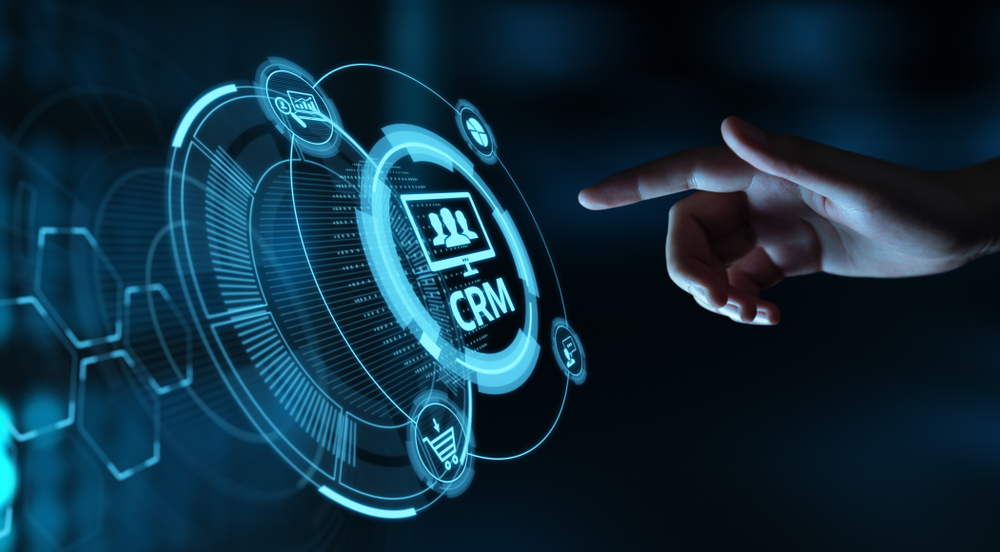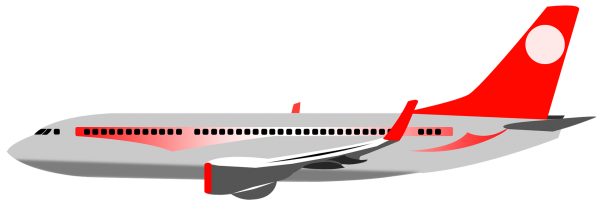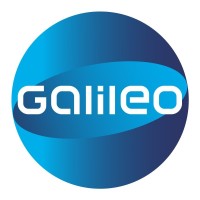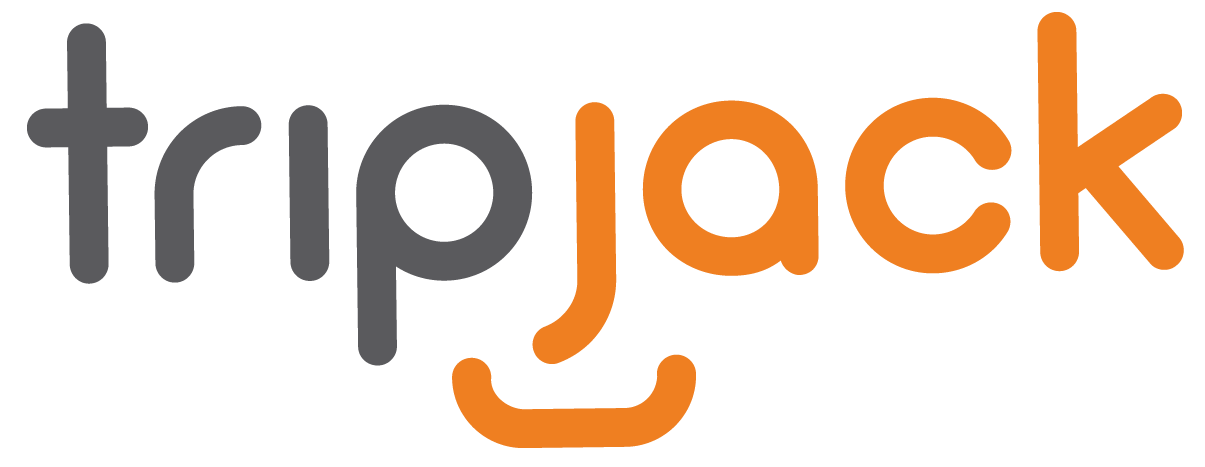
Travel CRM Development
A Travel CRM
(Customer Relationship Management) system is a software solution specifically
designed to help travel agencies and companies manage their interactions and
relationships with customers. It provides a centralized platform to streamline
various aspects of customer management, sales, marketing, and customer service
within the travel industry. Here are some key features commonly found in travel
CRM systems:
1. Customer Database Management: Travel CRM systems allow you to create
and maintain a comprehensive customer database. It includes storing customer
information, travel preferences, contact details, booking history, and any
other relevant data. This feature enables personalized communication and
targeted marketing efforts.
2. Booking and Reservations Management: A travel CRM system typically offers
functionality to manage bookings and reservations. It allows you to input and
track details such as travel itineraries, flights, accommodations, transfers,
and other travel-related services. This feature helps streamline the booking
process and ensures accurate record-keeping.
3. Sales and Lead Management: Travel CRM systems help you manage
sales pipelines and track leads effectively. You can capture and track
potential customers, assign leads to sales agents, monitor the sales progress,
and generate reports to measure performance. This feature facilitates efficient
sales management and helps convert leads into bookings.
4. Email Marketing and Automation: Travel CRM systems often integrate
email marketing capabilities. This allows you to create and send personalized
email campaigns to targeted customer segments. Automation features enable
automated email responses, follow-ups, and triggered messaging based on
customer behavior or predefined rules.
5. Customer Communication and Support: Travel CRM systems provide tools for
efficient customer communication and support. It may include features such as
email integration, live chat support, and a centralized inbox to manage
customer inquiries and support requests. This feature ensures timely and
consistent communication with customers, enhancing their overall experience.
6. Reporting and Analytics: Travel CRM systems offer reporting and
analytics features to measure and track important metrics. You can generate
reports on sales performance, customer preferences, marketing campaigns, and
other relevant data. Analyzing these insights helps in making data-driven
decisions and optimizing business strategies.
7. Integration with Other Systems: A robust travel CRM system often
integrates with other essential software and systems. It may include
integration with booking engines, GDS (Global Distribution Systems), accounting
software, customer feedback platforms, and more. Integration streamlines
workflows, avoids duplicate data entry, and enhances overall operational
efficiency.
8. Mobile Access and Remote Collaboration: Many travel CRM systems provide mobile
applications or web-based access, enabling users to access and manage customer
information on the go. This feature facilitates remote collaboration among
sales agents, customer support teams, and other stakeholders, enhancing
productivity and responsiveness.
9. Task and Calendar Management: Travel CRM systems often include task
and calendar management features. You can create tasks, set reminders, schedule
appointments, and manage deadlines. This feature helps users stay organized,
ensures timely follow-ups, and improves overall productivity.
10. Loyalty Program Management: Some travel CRM systems offer loyalty
program management capabilities. This feature allows you to design and
implement customer loyalty programs, track customer rewards, and manage
loyalty-related campaigns. It helps in fostering customer loyalty, repeat
business, and customer retention.
These features
are commonly found in travel CRM systems, although the specific functionalities
may vary depending on the CRM software provider and the needs of the travel
company or agency.






















